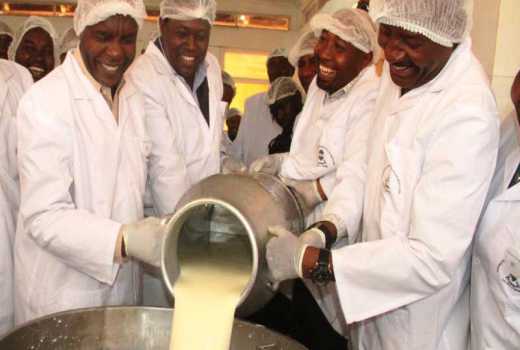×
The Standard e-Paper
Smart Minds Choose Us

The first time I met Kivutha Kibwana he was at Mama Mutinda’s, an assemblage of tin roofed, concrete floored structures dotted with blue plastic chairs and low tables.
Almost everyone at Mama Mutinda’s, including the professor had a chapatti on one hand and a cup of tea either on the table, their laps or lips. Some patrons preferred fried eggs with steaming Ugali, others a bowl of scalding hot bone soup. It was only 8am.